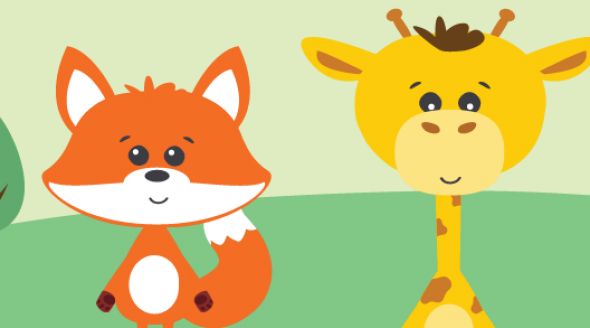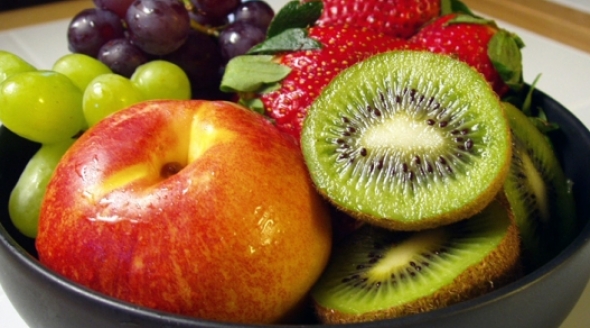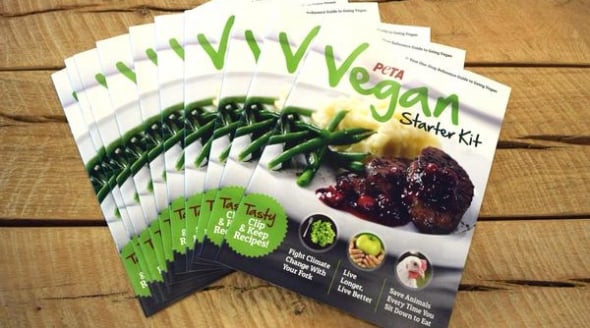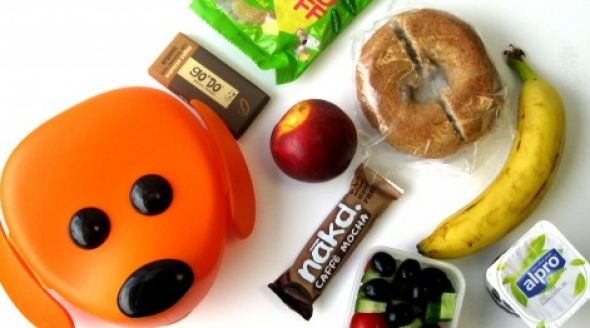Lessons in Compassion for Father’s Day
 In my few years as a father, I’ve come to realise that being a dad means taking on a multi-faceted role – it means being a protector, a teacher, a coach, a first-aider and an advisor, all in one and sometimes all at the same time. Parenting is joyful, but it’s tough and it’s full of choices, including how to instil strong positive values in our children. Here’s why my wife and I have chosen to raise our son as a vegan.
In my few years as a father, I’ve come to realise that being a dad means taking on a multi-faceted role – it means being a protector, a teacher, a coach, a first-aider and an advisor, all in one and sometimes all at the same time. Parenting is joyful, but it’s tough and it’s full of choices, including how to instil strong positive values in our children. Here’s why my wife and I have chosen to raise our son as a vegan.
I want my son to be kind and to learn that violence is wrong, and I can’t do that by demanding the violent death of other living beings just so that he can feast on their flesh.
I want him to be healthy and to learn to treat his body with respect, not to fill it with saturated fat and cholesterol and the deadly toxins that accumulate in the bodies of fish, chickens and other animals we raise for food. I don’t want him to grow up obese or to develop heart disease – as many teenagers are already doing – or bowel cancer or food poisoning. I know that feeding him a vegan diet will help prevent all of these.
I want him to get every nutrient that a child’s growing body needs, and we know we can do that on a vegan diet. The world’s top medical and dietary experts agree on this, and every time he grows out of another pair of shoes, surprises us with a something new he can do or fights off another infection, it’s clear to us that being vegan is working for him.
Because I’ve helped to put another hungry mouth on our overstretched planet, I want my son to tread lightly on it so that others – hopefully his own son or daughter – will be able to enjoy it, too. His diet shouldn’t contribute to climate change, deforestation, water pollution, soil erosion or the terrible waste of precious resources – which are all associated with funnelling plants and grains through animals instead of feeding them directly to people. Even the UN is saying that there’s an urgent need for all of us to move towards a plant-based diet if our planet is to remain habitable. I’m glad we’ve already guided our son in that direction and he is ahead of the curve.
I don’t want any other families to suffer. I know that what makes me love my son is the same as what makes cows and chickens love their young, too. I don’t want calves separated from their mothers so that my son can drink the milk meant for them. I don’t want male chicks to be gassed to death because they can’t lay eggs for him to eat.
I want my son to learn that others are as important as he is and that just because he wants or likes something doesn’t mean he should harm others in order to get it.
I do not want anyone to die for my son.
These are my values, and as a loving parent, I can do no more than bring my son up in accordance with them. When he grows up and makes his own choices, I don’t want him to look back and wonder why his parents fed him a diet that caused so much harm. Perhaps someday he’ll disagree with my wife and me and reject our values. Then again, perhaps another son – one who was raised on hamburgers, hot dogs and sausages – will also grow up to disagree with his parents, but he’ll never be able to take back the lives that were snuffed out, the resources that were wasted and all the greenhouse gas that was produced as a result of the diet his parents chose for him.







